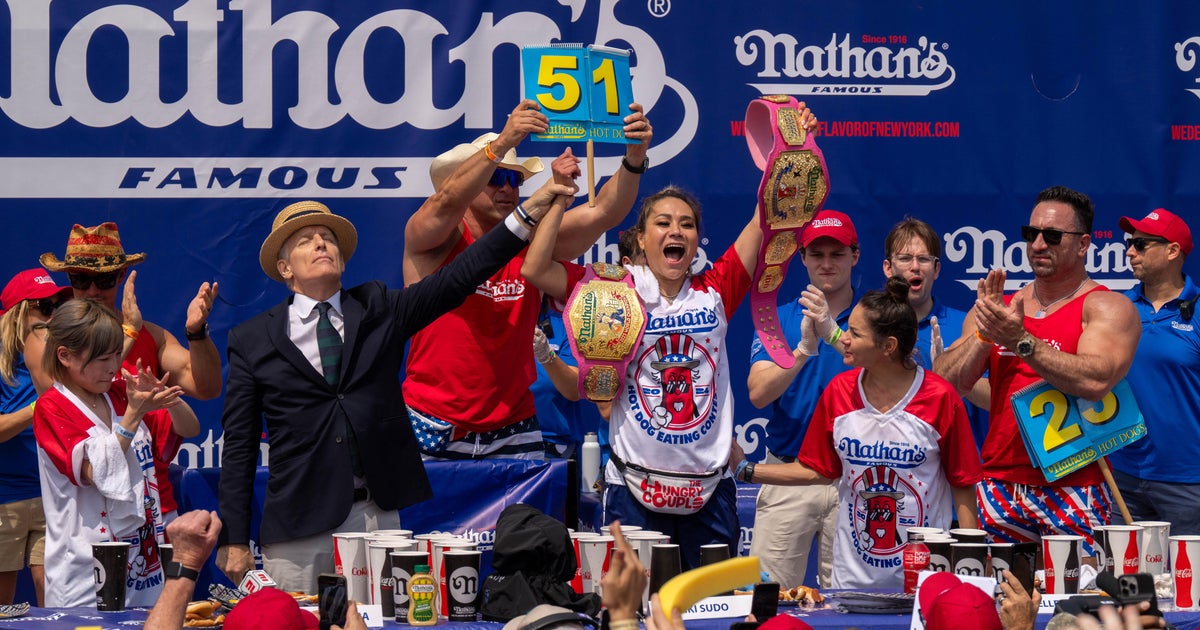Ashwin is in the tenth standard at the government high school in KR Puram. Last year, he collected textbooks from his seniors as he progressed into class 10. Now he is being told that he may need to get a new Kannada textbook as the syllabus is to change once again.
Ashwin’s mother, Laxmi, who works as a house help at my residence, came to me with the question: “Will we have to buy new textbooks now? Will all the syllabus he is studying change?”
While her concerned look made me proud, as she wanted her son to do well and wanted the best for him, I tried to explain that some chapters were considered controversial, and those lessons were being dropped. “They are planning to drop the syllabus that speaks about the RSS ideologue KB Hedgewar. Some works of writers who were added last year will be removed, as stated by minister Madhu Bangarappa,” I explained to Laxmi.
School-going children will face the same confusion that Laxmi raised, but the point is that education is expected to be neutral, a compilation of facts, records of history, and knowledge. Once the issue takes on a political colour, as is happening in Karnataka, children will not only be left in limbo but these young minds will unnecessarily be dragged into a political crossfire.
Education should be a non-partisan endeavour aimed at imparting knowledge and critical thinking skills to the younger generation. The inclusion or exclusion of certain lessons should be based on sound pedagogical principles and historical accuracy, rather than political expediency.
In recent months, the state of Karnataka has been embroiled in a heated debate over the revision of school textbooks. The controversy revolves around the inclusion and exclusion of certain chapters and lessons, with allegations of political motivations and ideological biases flying from both sides of the spectrum. As the government grapples with finding a middle ground, it is essential to strike a balance between preserving historical accuracy and avoiding the imposition of a particular ideological agenda.
With the Congress in power, the young students are to witness another change as the ruling party, in its recent cabinet meeting, approved a set of revisions to textbooks on Kannada and social science in state schools.
The revisions suggested by the Congress will remove chapters on Hedgewar while adding those on Savitribai Phule, Jawaharlal Nehru’s letters to Indira Gandhi, and poetry on BR Ambedkar.
What this means is that the Congress government in Karnataka is undoing whatever changes were brought in by the previous BJP government and accusing it of “saffronising” the textbooks and “distorting” facts.
Baraguru Ramachandrappa, who headed the textbook revision committee from 2015-2021, has suggested to the government that only the controversial chapters be removed and there shouldn’t be a wholesale change in the syllabus at this point.
It has also been learnt that the Karnataka government has decided to provide supplementary booklets to schools rather than printing entirely new textbooks.
The previous BJP government had tasked the Rohith Chakrathirtha-led textbook committee to revise the content for class 10 Kannada and social science textbooks, which were compiled in Ramachandrappa’s time and were believed to be objectionable. Then chief minister Basavaraj Bommai raised the issue that “objectionable” content related to Basavanna and Ambedkar was addressed when the changes to the curriculum were made.
When I contacted Chakrathirtha, he did not want to comment on the issue and left the decision to the ruling government. “I did my work as directed by the government (BJP). The rest is for them (Congress) to take a call,” he said.
Textbooks serve as a crucial medium through which historical events, social movements, and cultural narratives are conveyed. Therefore, any revisions made to these should be undertaken with utmost care and sensitivity, ensuring a comprehensive and inclusive portrayal of our history.
While it is understandable that changes may be necessary to rectify perceived biases or inaccuracies, a complete overhaul of the textbooks may not be a practical solution, say experts.
It is worth noting that textbook revisions have been a contentious issue in several states across India, with the BJP and Congress accusing each other of distorting history to suit their agendas. This trend highlights once again the need for a robust and independent process of textbook review, free from political interference, to ensure that the education system remains impartial and unbiased. The Karnataka government should address the concerns raised by critics and ensure that the revisions are carried out with transparency and inclusivity rather than indulging in politicking and pushing ideologies.














































